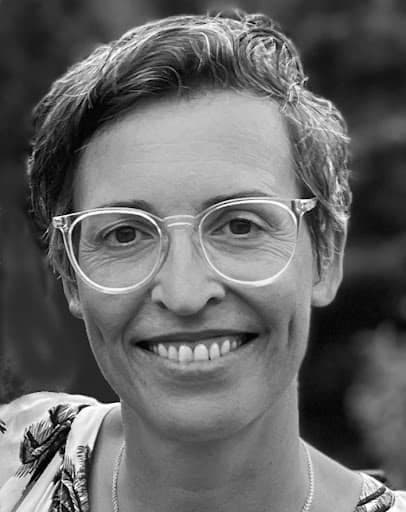Exploring Educational Psychology Theory
- This guide outlines five major theory groups in educational psychology: behaviorism, cognitivism, constructivism, experientialism, and social and contextual learning.
- Each theory offers unique strategies, such as reinforcement, information processing, reflective learning cycles, and modeling within cultural contexts.
- Educators can blend theories by adapting instructional methods to students and settings using feedback, real-world tasks, and collaborative learning.
Educational psychologists study learners and learning contexts — both within and beyond traditional classrooms — and evaluate ways in which factors such as age, culture, gender, and physical and social environments influence human learning. They leverage educational theory and practice based on the latest research related to human development to understand the emotional, cognitive, and social aspects of human learning.
What Is Educational Psychology?
Educational psychology can influence programs, curricula, and lesson development, as well as classroom management approaches. For example, educators can use concepts from education psychology to understand and address the ways rapidly changing technologies both help and harm their students’ learning. In addition, educational psychologists play an important role in educating teachers, parents or guardians, and administrators about best practices for learners who struggle with conventional education methods.
As psychologists, these educational psychologists often work directly with children — and in collaboration with parents or guardians and teachers — to improve a child’s learning outcomes. However, educational psychologists can also pursue careers as researchers, consultants, and teachers in a variety of contexts, including schools, community organizations, government research centers, and learning centers.
Key Theories in Educational Psychology
Although educational psychology programs include numerous theories, many experts identify five main schools of thought: behaviorism, cognitivism, constructivism, experientialism, and social contextual learning theories. The following summarizes these five major theory groups and outlines the key theorists, definition, history, principles, and applications for each.
To expand on these theory groups, we spoke with Aimee Maxwell, Ph.D., a licensed psychologist who provides further insight into these concepts.
Behaviorism
Key Theorists: Edward Thorndike, Ivan Pavlov, John B. Watson, and B.F. Skinner
Cognitivism
Key Theorists: Jean Piaget, Jerome Bruner, Robert Mills Gagne, Marriner David Merill, Charles Reigeluth, and Roger Schank
Social and Contextual
Key Theorists: Lev Vygotsky, Albert Bandura, Jean Lave, Barbara Rogoff, Etienne Wenger, and Thomas Sergiovanni
Meet Our Contributor

Aimee Maxwell supports people to manage their present circumstances and, if needed, move closer to their values. She has expertise in emotional intelligence at work and at home, secure leadership and parenting, and neurodiverse-affirming living. Maxwell runs two practices, Thriving Principals for school leaders and Zenith Psychology for psychology clients.


